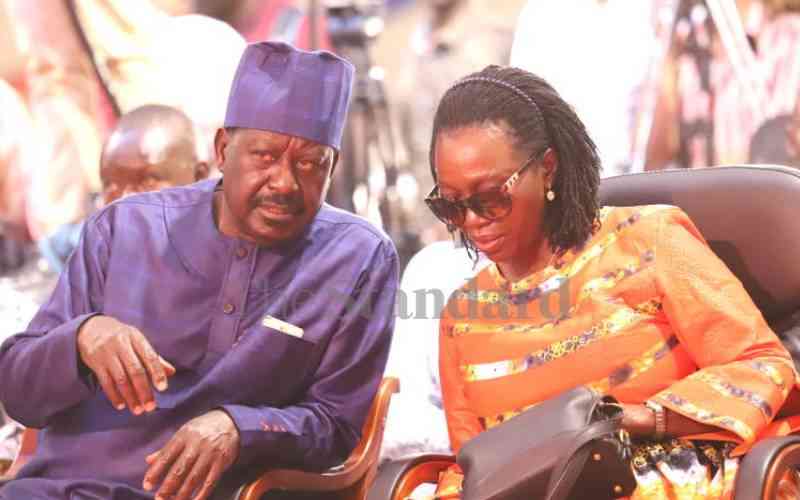×
The Standard e-Paper
Stay Informed, Even Offline

The introduction of class "us versus them" politics in the aftermath of 2018 political handshake between former President Uhuru Kenyatta and opposition leader Raila Odinga has been cited as a defining factor of this year's General Election.
In its final report on the election, Elections Observation Group (Elog) says the handshake generated far-reaching political narratives and realignments, which significantly shaped the election.







